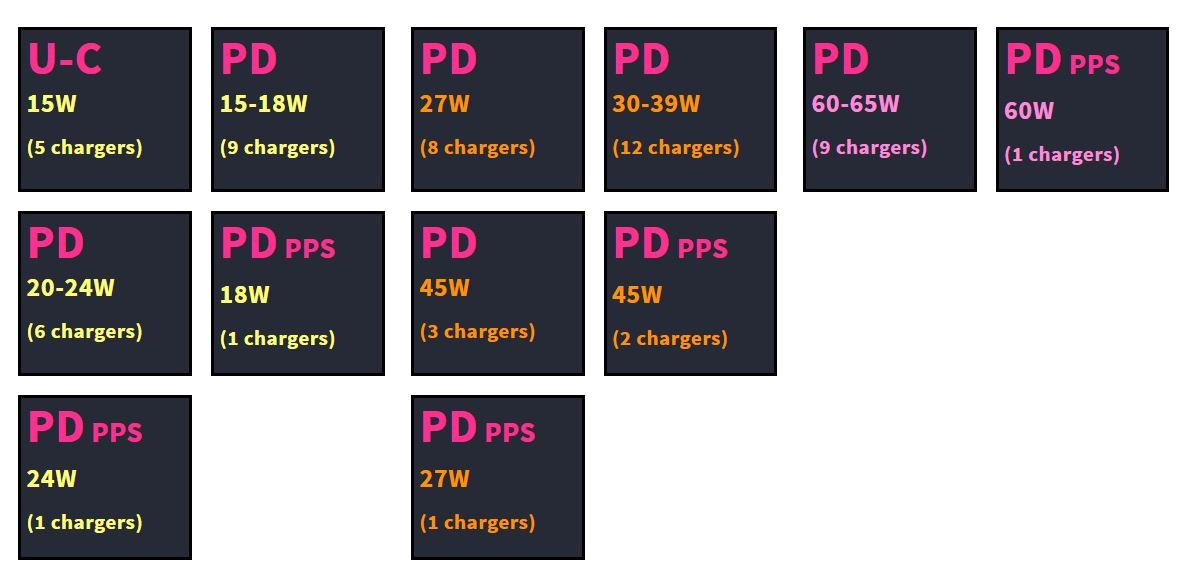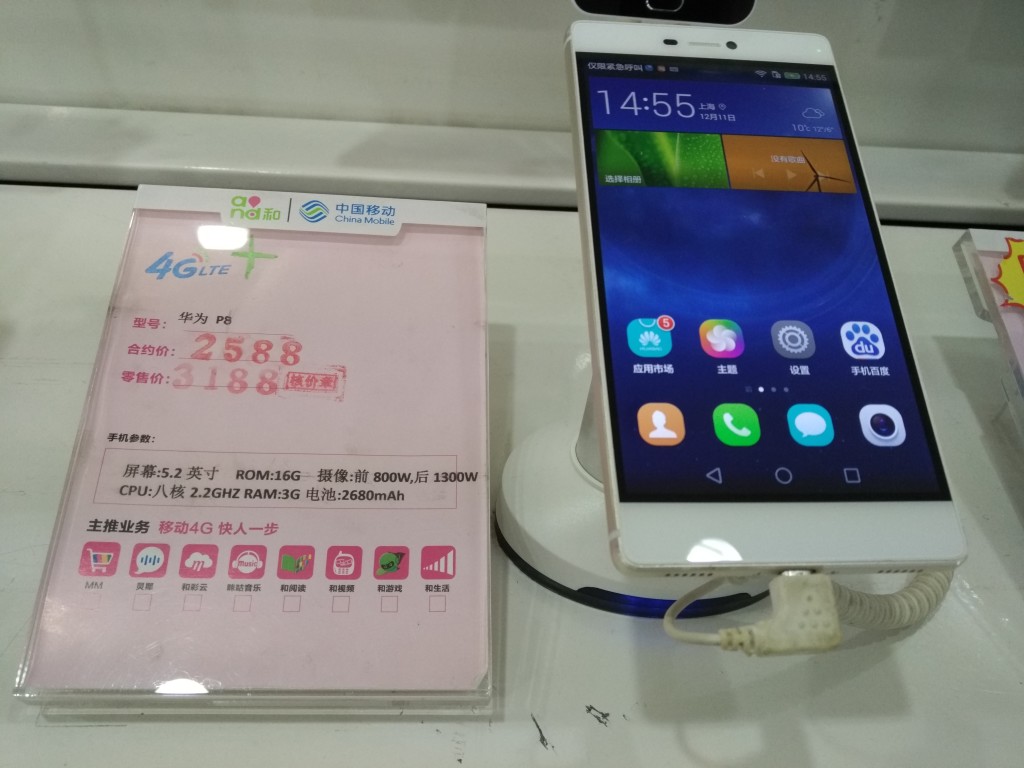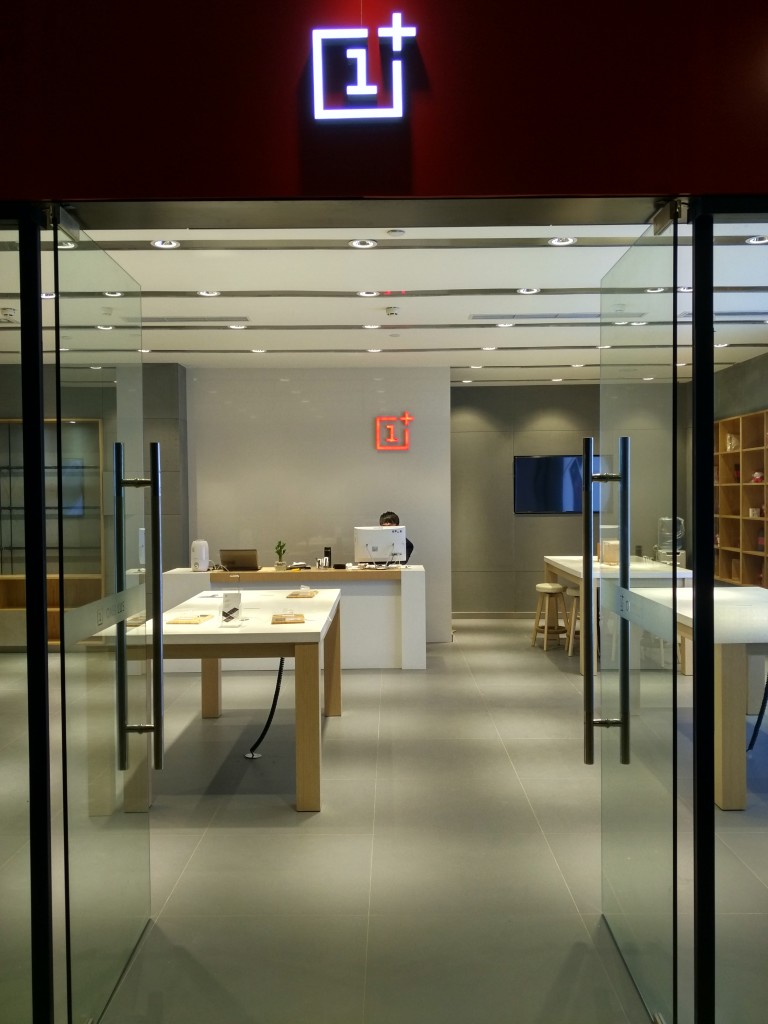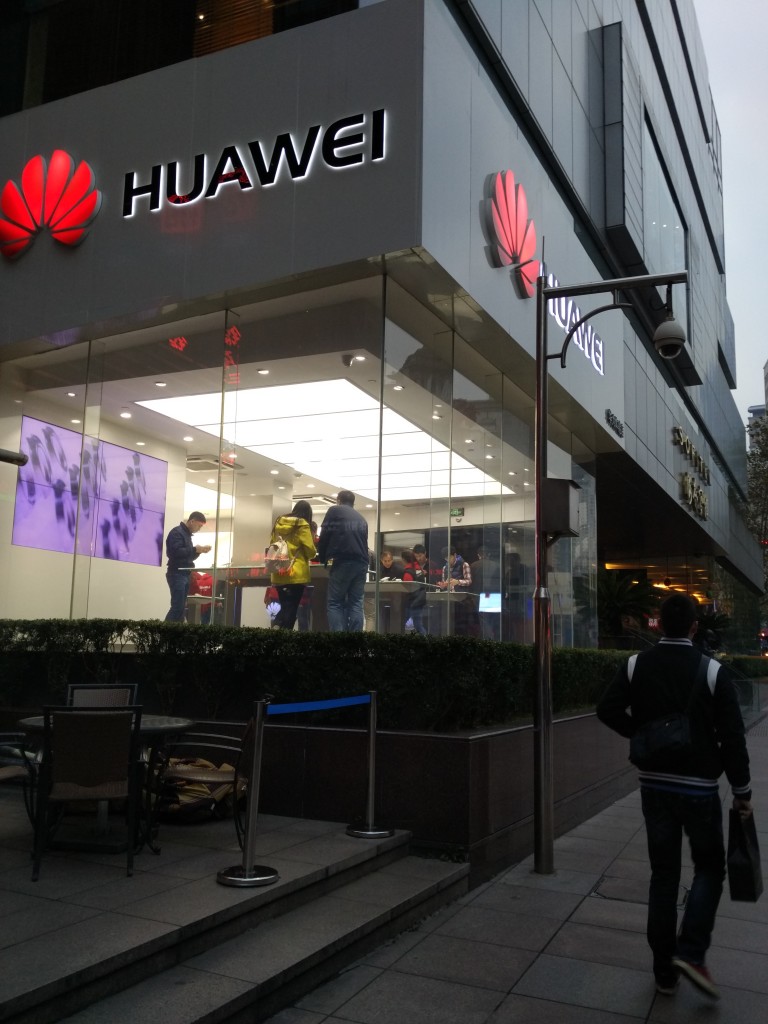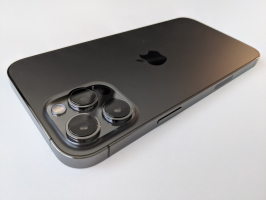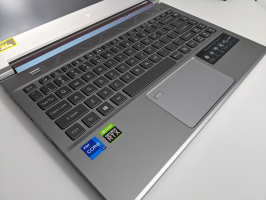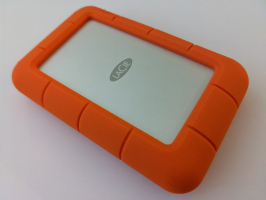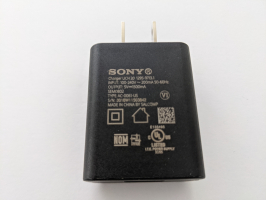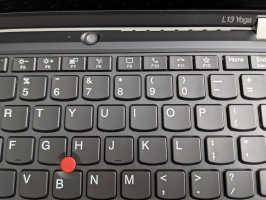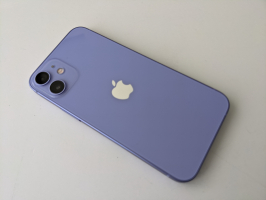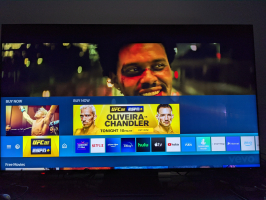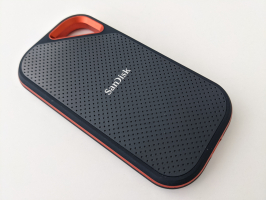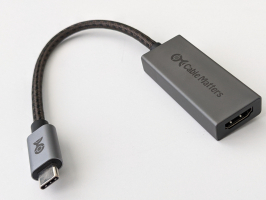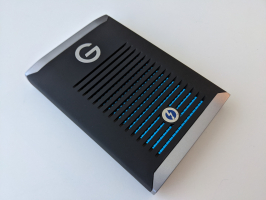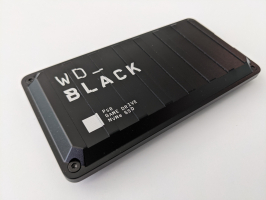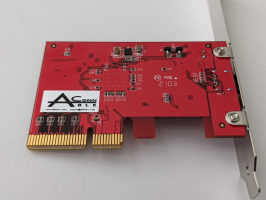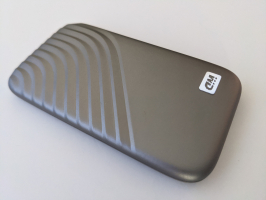China has emerged as the world’s factories for smartphones and tablets. Not only do US brands like Apple produce in China but the number of Chinese brands fighting for market share in China and overseas is mind boggling. While local giants like Huawei and Xiaomi have been able to take large shares of China’s market, there are many others fighting it out like CoolPad, Meizu, Oppo, and Vivo. The competition within China has gotten so fierce that Chinese brands like OnePlus is better known in places like India than they are in China.
Just look at the advertisements for what phones are available in a mobile phone store and the selection available to buyers are mind boggling.
If you go to a telecom store in China like China Mobile you can see all these phones lined up.
Huawei is the king of both telecom equipment and premium smartphones in China.
Oppo A33:
Oppo has been heavily advertising in smaller markets like Taiwan and Malaysia given competition in China has been so intense.
Meizu 2:
Meizu Pro 5:
Meizu got started around the same time as Xiaomi but hasn't hit the same level of stardom as Xiaomi has.
China Mobile's own brand (CNCC A1):
Despite the inexpensive alternatives from all the brands, China Mobile still offers their own brand of mobile phone.
LeTV X500:
LeTV, a Chinese online media content provider, has also come out with their own smartphone which was the first with a USB Type-C connector.
Vivo Y23:
Vivo is another very active visible brand in China.
Haier G100:
Haier was known for their home appliances but recently have come out with their own line of PC's, Chromebooks, and smartphones.
Coolpad Y82:
Coolpad has also been very active in selling low priced phones in both Chinese and overseas markets like Turkey.
Lenovo Z90:
Lenovo, one of the world's leaders in PC's, has seen its mobile phone market share drop as competition intensified.
With all the competition in China, there isn't a lot of room for even brands like Samsung where there flagship store in one of the main shopping areas in Shanghai was relatively empty of shoppers compared to Huawei and Apple stores on the same street.
Retail shops from Meizu and OnePlus are also found empty. In contrast, it's easier for Meizu and OnePlus to get their names out in Israel where there is less competition.
The phone stores doing best are the top players like Apple, Huawei, and Xiaomi.
The Chinese mobile phone market is similar to the early days of PC's where there were many players during the early heady years of growth. Inevitability, there will be a shakeup of and consolidation of the industry given profit margins are already pretty thin and the growth will slow. Until then, it will be interesting to watch how these Chinese phone makers will continue to grow beyond China and lead the world in smartphone production.
 GTrusted
GTrusted







